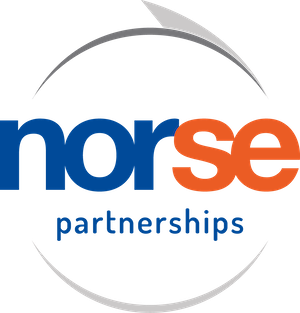Partnership is the ideal way to implement change
After months of uncertainty, the government has now announced the long-awaited plans to reform recycling in England. By early 2026 most households will have a weekly food waste collection, and there will now be a standardised list of items that councils must recycle. For many cash-strapped councils, this represents a significant change in service provision, with – of course – additional costs.
These new waste regulations undoubtedly present a particular challenge to councils; it is apparent that many, if not most, will have to change aspects of their collection regime, and those in contractual arrangements face protracted, and potentially costly, re-negotiations with their providers. And this applies to other services, where change is driven by new regulations, or – as is often currently the case – the need to save money.
In a traditionally outsourced arrangement implementing service changes can be a problem, and it often ends in variation charges, which only add to the financial pressures that councils are under.
I know from my discussions with local government leaders that insourcing appears to be an attractive alternative, but there is a realisation that bringing services back in-house after many years of outsourcing can be extremely difficult, as council resources (and the attendant expertise) have been reduced to save money.
There is an alternative service delivery model, which has been adopted by many local authorities in the last few years: the public/public joint venture partnership.
Any strategic changes and adjustments to working practices, such as those that the new regulations will require, are far more easily agreed and executed with the flexibility offered by a joint venture, making it much more like insourcing than outsourcing.
And when it comes to funding the changes at operational level, a trading company such as Norse brings proven commercial experience and cost efficiency on a par with the private sector; the ability to trade in the open market and generate vital additional revenue at minimal risk to the council; and the knowledge that profits are returned not to private shareholders, but to the public purse.


